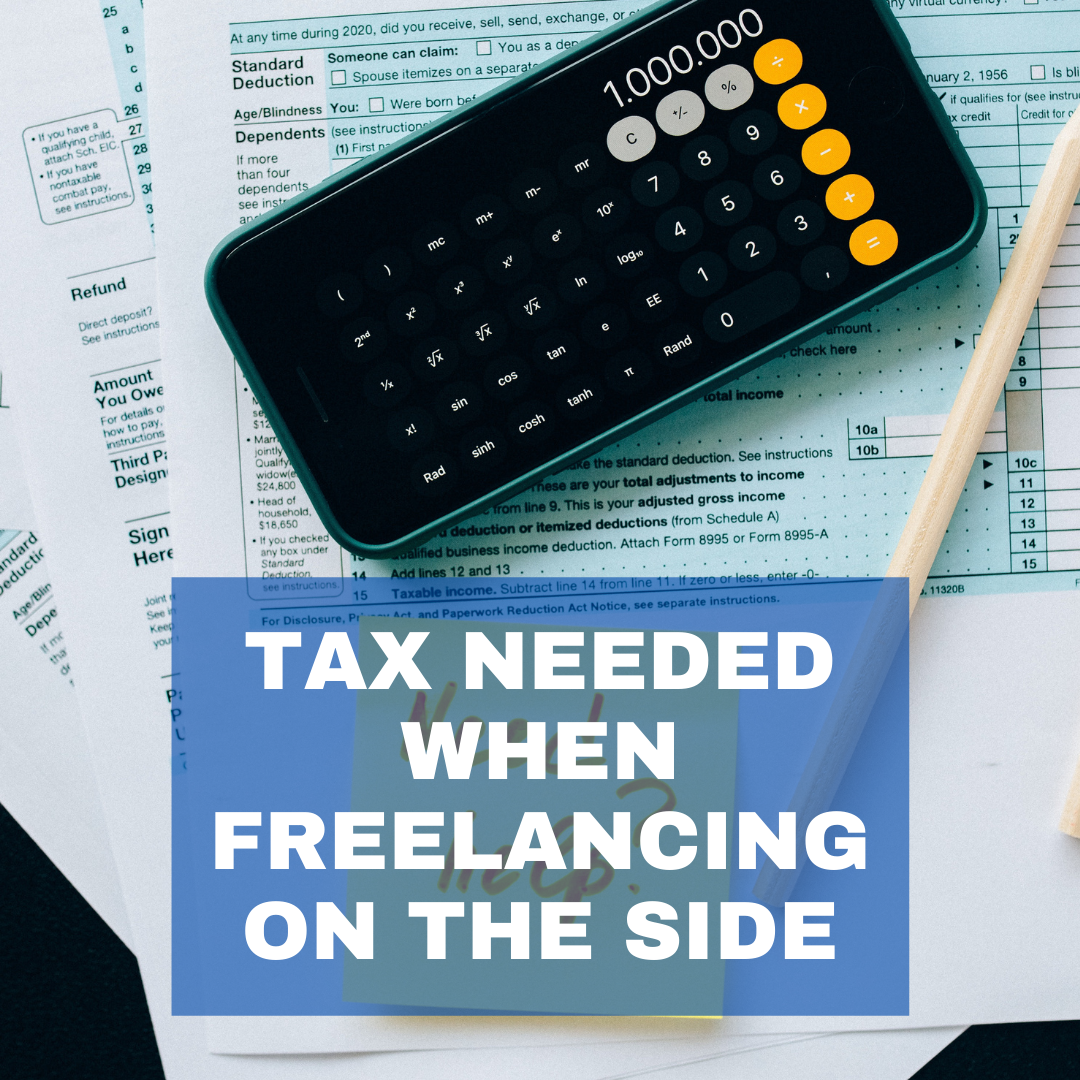There are a variety of reasons why someone would choose to work both full-time and freelance. Some people may wish to earn a little more money. Others could be more enterprising – many small companies are founded by people who are employed full-time or part-time.
Whatever your motivation, you should be aware that there will be some tax implications to consider.
Freelancing as a sole trader, how much income tax will I have to pay?
The following estimates are based on HMRC's reported rates and thresholds for the tax years 2020/21 and 2021/22. Since your income tax is only based on your gross salary, you'll have to pay tax for any earnings above your Personal Allowance for your combined work and sole trader gain.
What about Social Security (NI)?
The amount of National Insurance you pay on your employer-provided wages will remain the same, but it will be different from your freelancing earnings.
To begin, you must pay a flat rate of £3.05 per week if your self-employed earnings exceed £6,475. This is known as Class 2 National Insurance (the numbers are the same for the fiscal years 2020/21 and 2021/22).
Class 1 National Insurance is normally charged via the employer's PAYE system, but Class 2 is paid directly to HMRC with a direct debit, which you can set up on Gov.uk.
You could be required to pay Class 4 National Insurance if you're doing well and making a higher amount while freelancing. This is paid at 9% for income between £9,500 and £50,000 (rising to £50,270 for 2021/22), and 2% for profits above £50,000 (rising to £50,270 for 2021/22).
When do I need to notify HMRC?
While freelancing as a sole trader, If your earnings are more than £1,000 in a tax year, you must register with HMRC as a new company. If you're still working full-time, this could happen as soon as you start earning money on your own. If you receive more than £1,000 in a tax year, you have until the 5th of October after the end of the tax year to register as self-employed and file your annual Self Assessment or face a fine.
If you are unlikely to receive more than £1,000, however, you do not need to file a Self Assessment because HMRC has implemented a £1,000 trading allowance that eliminates the need to file a return in certain circumstances.
Is there a chance my boss will find out?
Although it's unlikely to be an issue, it's understandable if you don't want your boss to know you're working on other ventures. However, you should be aware that your employment contract can prohibit you from taking on outside work, especially if there is a risk of competition with your current employer.
Your tax affairs are completely private, and if you also file as self-employed, HMRC will not notify your employer. However, keep in mind that if you form a limited company, your information will be publicly accessible at Companies House, and your employer will learn about your company this way.
We don't recommend abandoning your current source of income in favour of freelancing. Try it out as a part-time business to see how it goes in the first few months. Please contact Persona Finance (enquiries@personafinance.co.uk) if you have any additional questions or would like a consultation.



